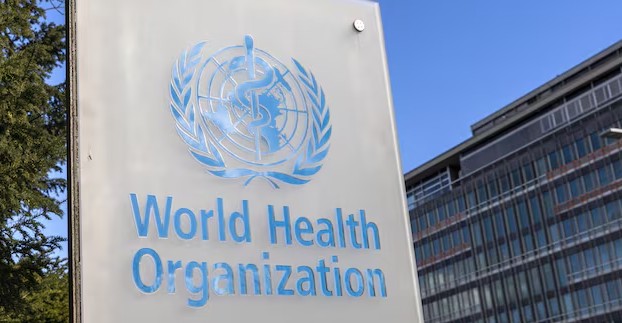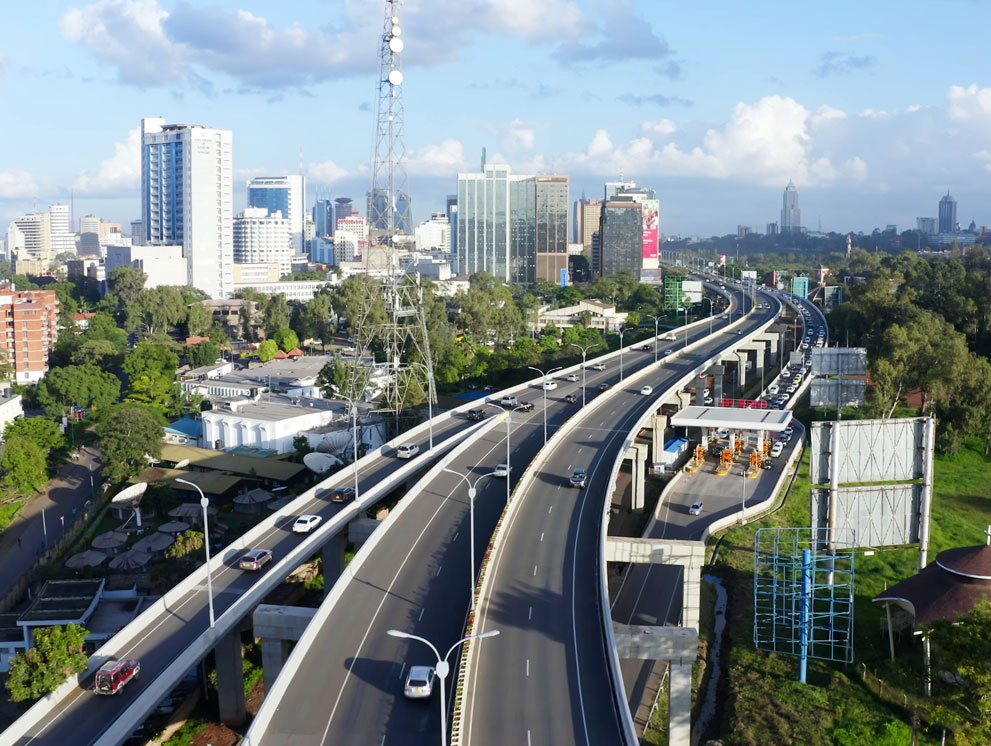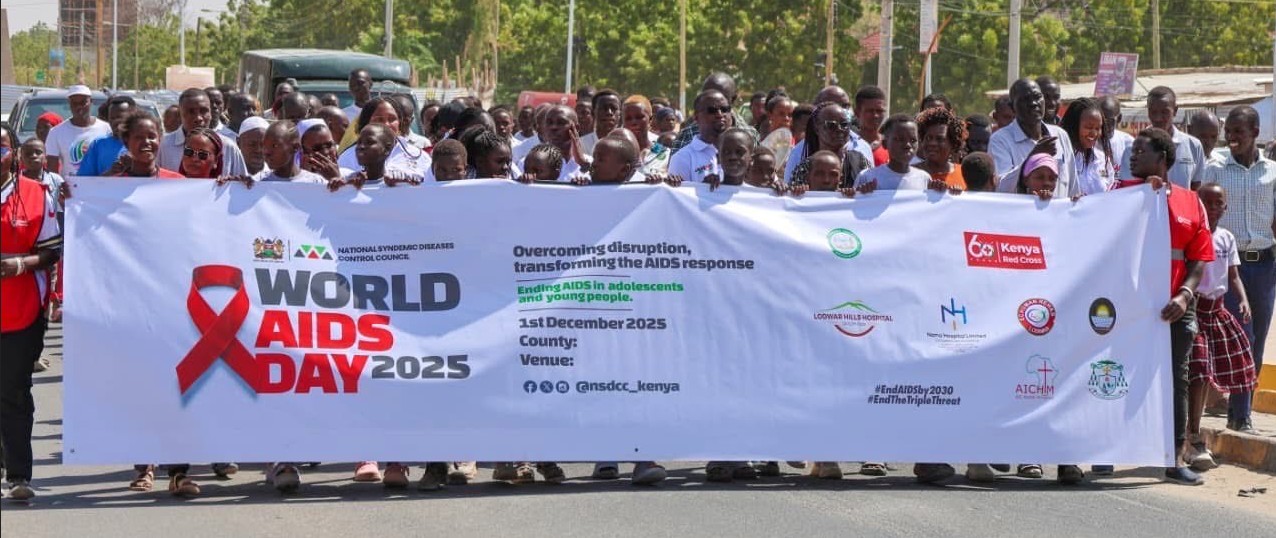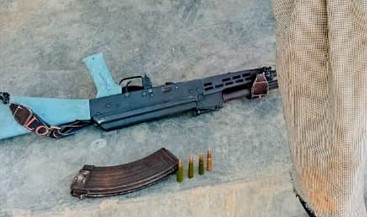What the law says about charging minors in Kenya
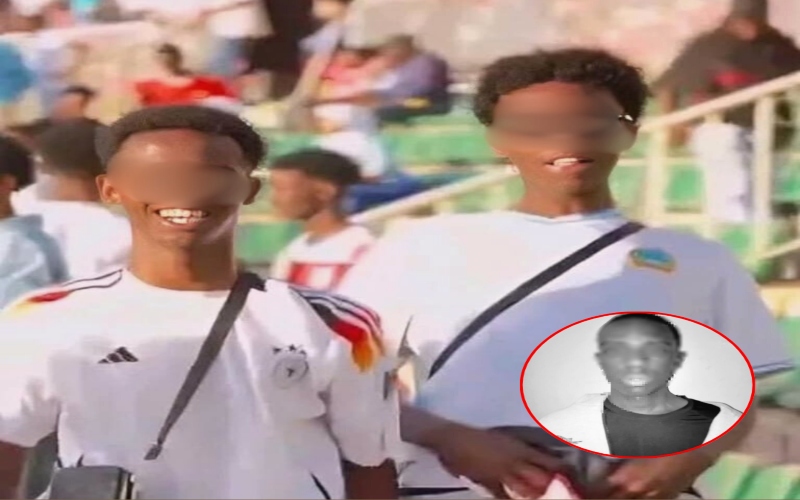
Children aged 12 to 13 are presumed incapable unless it is proven that they understood the nature and wrongfulness of their actions.
Two teenagers, aged 17 and 14, were arrested this week after a viral video showed them mishandling Kenya’s national flag during a CAF Champions League match at Nyayo Stadium.
One of them was seen using the flag inappropriately, sparking public outrage. Detectives indicated the pair could be charged under the National Flag, Emblems and Names Act (Cap 99), which regulates how state symbols should be treated.
More To Read
- The hidden risks of sharing children’s lives online
- CJ Koome reaffirms Judiciary’s commitment to child protection, announces expanded reforms
- Kenya Police FC fall to Al Hilal in CAF Champions League first-leg clash at Ulinzi
- Somali teens deny charges of disrespecting Kenyan flag, illegal entry into country
- Somalia ratifies African Charter on Child Rights in landmark vote
- Two teens accused of desecrating Kenyan flag released on Sh50,000 cash bail
The law provides for a penalty of up to Sh5,000, six months in jail, or both, and requires written consent from the Attorney-General before prosecution.
The case has drawn attention to how Kenyan law deals with minors accused of criminal offences.
Age, legal responsibility
The Children Act, 2022, sets clear limits on when minors can be prosecuted. Those below 12 years cannot be charged as they are presumed incapable of committing a crime.
Children aged 12 to 13 are presumed incapable unless it is proven that they understood the nature and wrongfulness of their actions.
Those between 14 and 17 can be prosecuted, but with specific legal protections.
Cases involving minors are heard in children’s courts, and proceedings are held in private to protect their identity.
Publishing their names, photos or details that may identify them is prohibited. Children are entitled to legal representation, and those under 16 must have state-funded lawyers.
A parent or guardian must also be present throughout.
Courts must apply the best interests principle, ensuring that every decision made protects the child’s rights and dignity. If detention is necessary, minors must be held separately from adults.
Detention is considered a last resort, with preference given to alternatives such as release to guardians, counselling, diversion programmes or community service.
Rights
Children accused of crimes are guaranteed privacy, legal representation, the presumption of innocence and the presence of a parent or guardian during proceedings. Kenya’s justice system for children focuses on rehabilitation rather than punishment.
Measures include counselling, community service capped at 50 hours, restorative justice actions such as apologies or restitution, and placement in educational or correctional programmes.
Courts have previously handled minors in sensitive cases. A 14-year-old was convicted of manslaughter in the Moi Girls fire case and sentenced to five years.
In 2023, a 16-year-old girl in Kiambu was sentenced to 10 years for killing a toddler.
Earlier this year, eight students from Litein Boys were charged with arson and burglary, with the court barring publication of their identities.
Children in conflict with the law are not exempt from accountability, but their cases must be handled with their rights and future in mind.
In the Nyayo Stadium incident, the court will weigh responsibility for mishandling a national symbol against the constitutional duty to protect the best interests of the two boys.
Article 53 of the Constitution and the Children Act, 2022, guide this approach.
Top Stories Today
